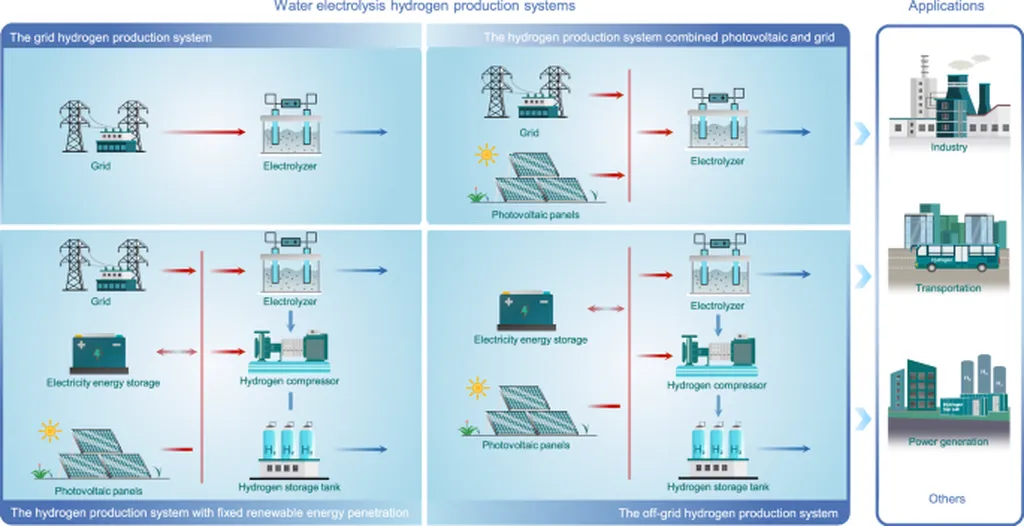In the rapidly evolving energy landscape, the integration of renewable resources into power systems presents both opportunities and challenges. A recent study published in the journal *AIP Advances*, titled “A multi-objective flexible scheduling approach for power systems through incorporating multiple resources,” offers a promising solution to these complexities. The research, led by Binxin Yin of the State Grid Hubei Electric Power Research Institute in Wuhan, China, introduces a novel approach to power system dispatch that could significantly enhance the flexibility and efficiency of energy grids.
The study addresses the growing need for coordinated operation among diverse power sources, including wind, photovoltaic, hydropower, thermal power, and energy storage systems. As renewable energy penetration increases, traditional power systems face significant flexibility challenges. Yin’s method proposes a unified scheduling framework that adapts to dynamic operating conditions and varying levels of renewable energy integration.
“Our approach considers the operational characteristics and constraints of diverse power sources, integrating them into a comprehensive system model,” Yin explained. This model includes deep peak shaving of thermal power, cascade coordination of hydropower, dynamic evolution of energy storage states, and forecasting of wind and solar outputs. By incorporating these elements, the method aims to optimize multiple scheduling objectives, such as minimizing thermal power generation costs, maximizing energy storage benefits, minimizing renewable energy curtailment, and reducing external power purchase costs.
The research demonstrates the effectiveness of this approach through simulations based on an improved IEEE 30-bus system. The results show that the method can effectively coordinate resources under varying load conditions and weight configurations, balancing economic efficiency and renewable energy utilization. This flexibility is crucial for the energy sector, as it allows power systems to adapt to different operational preferences and market conditions.
The commercial implications of this research are substantial. As the energy sector continues to transition towards renewable sources, the ability to integrate and manage these diverse resources efficiently will be paramount. Yin’s method provides a robust framework for achieving this goal, potentially reducing costs and improving the reliability of power supply.
“Our approach shows strong practical applicability and scheduling flexibility,” Yin noted. This adaptability is key to meeting the demands of a rapidly changing energy landscape, where the need for flexible and efficient power system management is more critical than ever.
The study’s findings were published in the journal *AIP Advances*, which focuses on interdisciplinary research in applied physics. The research highlights the importance of innovative solutions in addressing the challenges of modern power systems and offers a glimpse into the future of energy management.
As the energy sector continues to evolve, the integration of renewable resources and the optimization of power system scheduling will play a pivotal role in shaping the future of energy. Yin’s research provides a valuable contribution to this ongoing effort, offering a flexible and efficient approach to power system management that could have far-reaching implications for the energy industry.

